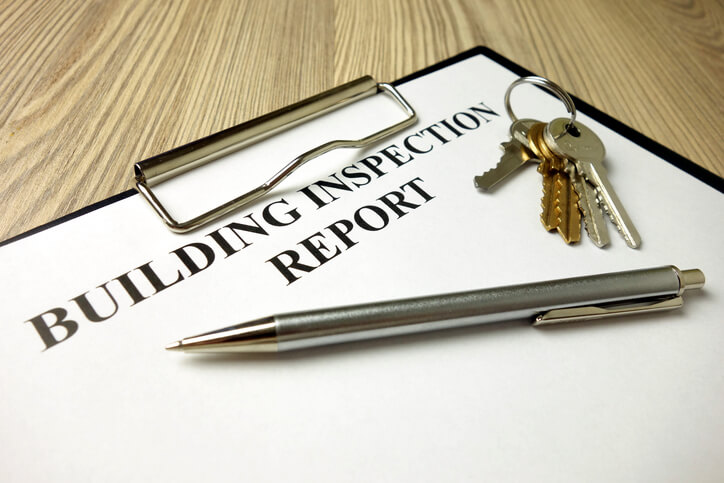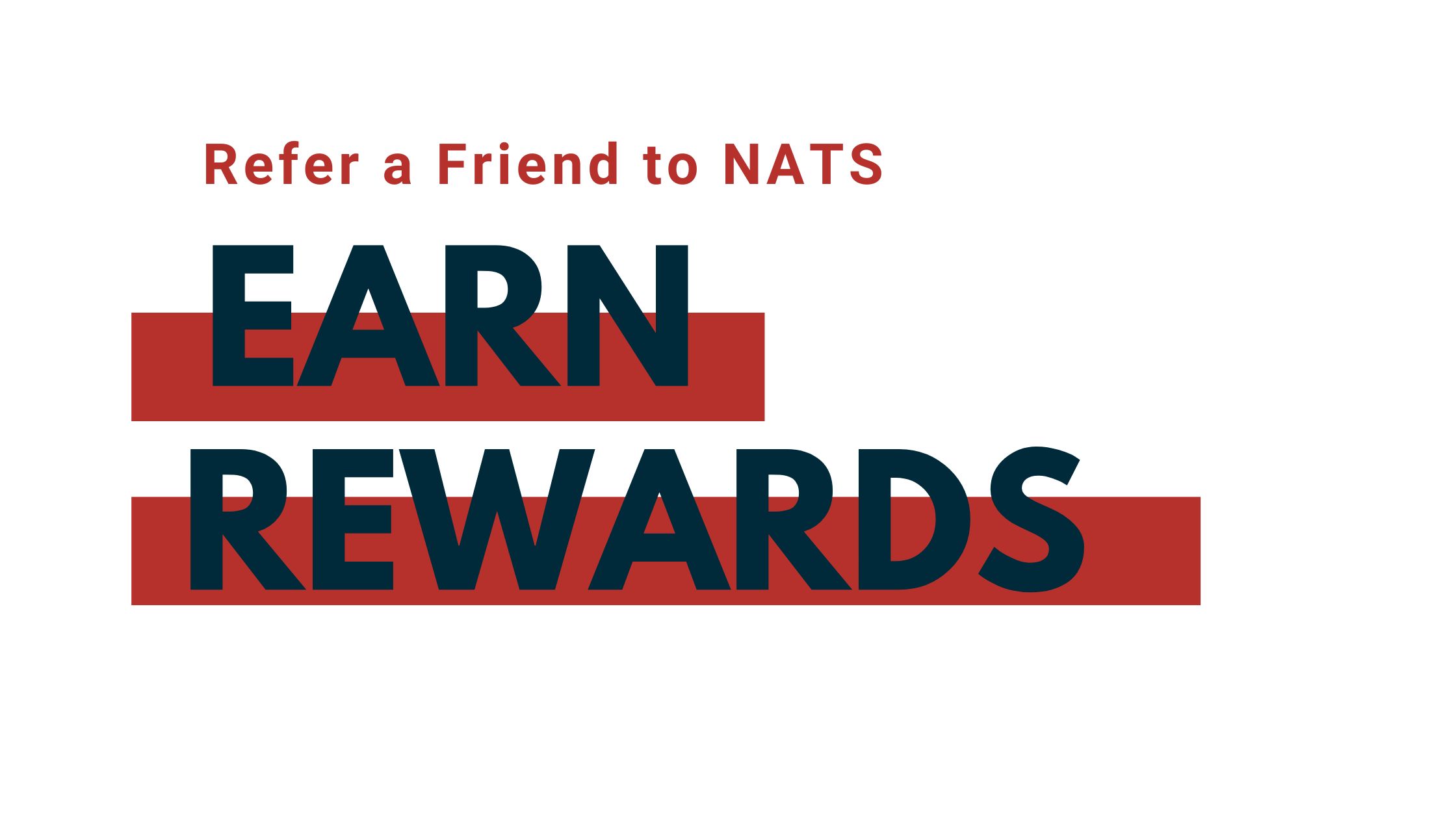
As a home inspector, your inspection reports convey key findings to clients and stakeholders. These findings help clients make important decisions on purchases, repairs, modifications, and other relevant actions. For this reason, home inspection training places significant emphasis on the quality of your reports, encouraging a strategic approach to the information you convey.
To ensure effective reporting, it’s essential to adhere to specific techniques and structured formats and account for all necessary information accurately. Discover three vital tips in this blog post to help you consistently deliver precise, insightful home inspection reports.
1. Embrace Structure and Organization After Your Home Inspection Training
While writing home inspection reports, you need to adopt a structured, systems-based approach so your message is well-documented and well-received. Adopting a logical flow to the information provided and using a standardized format gets the job done effectively.
This often means organizing your report chronologically, starting with the property’s exterior and progressing inward. It could also mean progressing in detail from structure and exteriors to roofing, plumbing, electrical, HVAC, etc.
While home inspection training provides the necessary structure, effectively applying this knowledge in real-world situations is crucial. The strategy involves creating distinct sections to thoroughly categorize and systematize all elements, ranging from the structural components and observed defects to safety concerns and pertinent suggestions for action.
The goal is to make the report readable and understandable at first glance. This ensures that all relevant parties can easily navigate to the necessary sections upon receiving the report, knowing exactly what information will be presented and where to find it.

2. Adopt a Consistent, Clear, and Concise Writing Strategy
The effectiveness of home inspection report writing is compromised when its intended audience needs to understand the report’s content. This emphasizes the importance of unambiguous language in your writing. Consistently aim for clear and actionable communication in your writing, ensuring your intended message is conveyed effortlessly.
Avoid excessive technical jargon and other writing styles that may confuse the reader. Enhance the readability of your work by using bullet points to emphasize key findings. Include diagrams, images, and other visual means to enhance clarity. This helps your readers visualize listed points, from observed defects to areas that need further assessment.
Additionally, this approach streamlines the time required to review and act upon the insights presented in your report findings. Upon understanding the core messages of your report, clients can begin formulating and implementing strategies to remedy any identified issues.

3. Maintain Professionalism by Being Objective and Thorough
Your clients depend on your good judgment and perspective to make key decisions about various properties. This is why you must maintain the highest level of professionalism in your work. Professionalism means your work must be objective, factual, thorough, and truthful.
Maintain a focus on factual accuracy, steering clear of broad generalizations and personal opinions. Objectively present your findings, avoiding bias in your observations or repair recommendations. For instance, when detailing issues like foundation cracks, it is critical to specify their exact size and location for clarity and precision in your reporting.
In essence, endeavour to quantify your findings when necessary and to describe them with the relevant detail and perspective. As we do at NATS, any good home inspection college will teach you the value of objectivity; this knowledge always proves invaluable in the real world.
Are you interested in our home inspection courses?
Contact NATS for more information.





